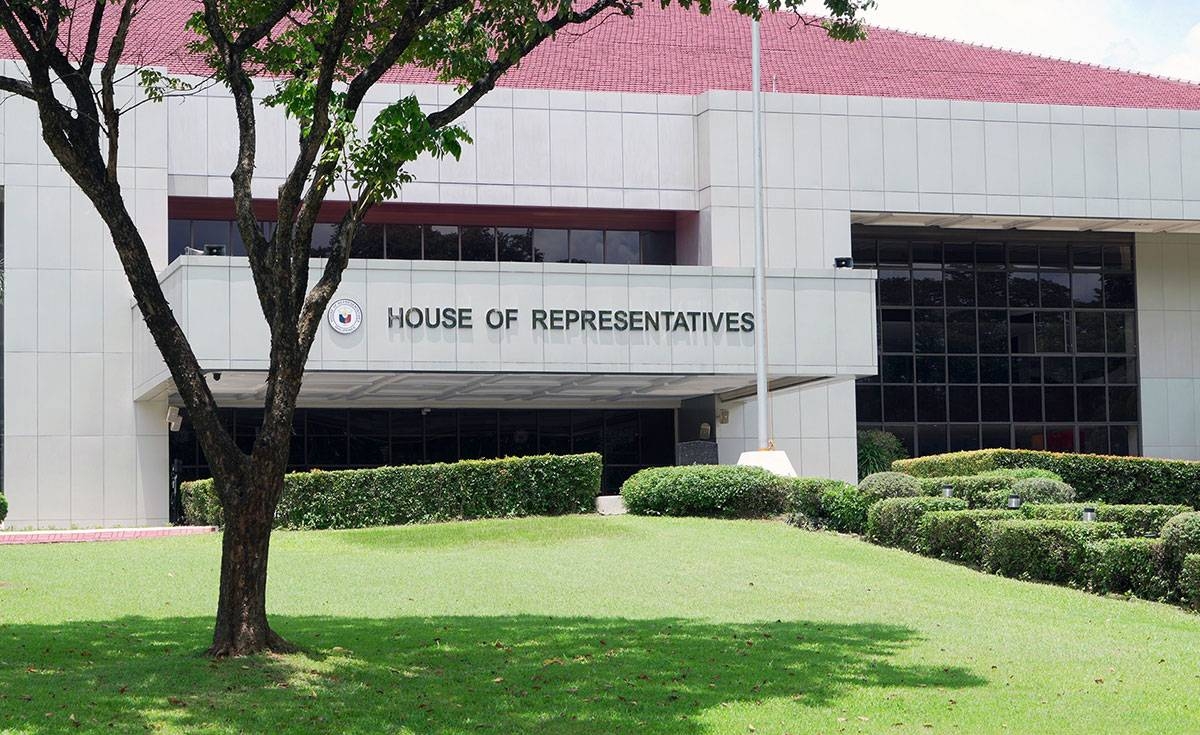The House of Representatives Prepares to Approve Resolution for Constitutional Amendments
The House of Representatives is set to approve Resolution of Both Houses 7 (RBH 7) on its third and final reading this week, before going on a holy week break. RBH 7 is a resolution that seeks to amend certain economic provisions of the 1987 Constitution.
Senior Deputy Speaker and Pampanga 3rd District Representative Aurelio “Dong” Gonzales Jr., one of the principal authors of RBH 7, expressed confidence that the resolution will be approved without any amendments. He stated, “Under the original timeline set by Speaker Ferdinand Martin G. Romualdez, we hope to have final approval before our scheduled adjournment on Wednesday, barring any last-minute delay.”
RBH 7 focuses on three specific articles of the Constitution: Article XII, Section 11; Article XIV, Paragraph 2 of Section 4; and Article XVI, Paragraph 2 of Section 11. The resolution aims to introduce the phrase “unless otherwise provided by law” to these provisions. Additionally, it seeks to include the word “basic” before “educational institutions” in the first sentence of Paragraph 2, Section 4 of Article XIV.
Gonzales emphasized that the House of Representatives has adhered to the guidance of President Ferdinand “Bongbong” Marcos Jr., who emphasized the importance of proposing economic amendments. He stated, “Speaker Romualdez and the rest of us in the House have honored our word and followed the guidance of our President Ferdinand ‘Bongbong’ Marcos Jr.: that we would work only on proposing economic amendments. We have proven the doubters wrong. There is no term extension proposal for any elective official.”
Under the proposed amendments, Section 11 of Article XII states that no franchise, certificate, or any other form of authorization for the operation of a public utility shall be granted except to citizens of the Philippines or to corporations and associations organized under Philippine laws, with at least sixty percent of their capital owned by Filipino citizens, unless otherwise provided by law. Furthermore, the participation of foreign investors in the governing body of any public utility enterprise shall be limited to their proportionate share in its capital, and all executive and managing officers of such corporations or associations must be Filipino citizens.
Similarly, Paragraph 2 of Section 4 in Article XIV, under the proposed amendments, stipulates that basic educational institutions, excluding those established by religious groups and mission boards, shall be solely owned by Filipino citizens or corporations and associations with at least sixty percent of their capital owned by Filipino citizens. The Congress may also require increased Filipino equity participation in all educational institutions. The control and administration of educational institutions shall be vested in Filipino citizens, unless otherwise provided by law.
The proposed Paragraph 2 of Section 11 in Article XVI states that only Filipino citizens or corporations and associations with at least seventy percent of their capital owned by Filipino citizens shall be allowed to engage in the advertising industry, unless otherwise provided by law. The participation of foreign investors in the governing body of entities in such industry shall be limited to their proportionate share in the capital, and all executive and managing officers of such entities must be Filipino citizens.
Gonzales emphasized that the ratification of these amendments will send a strong message to investors, signaling the country’s openness to attract more foreign investments in these sectors of the economy by potentially revising the existing limitations. He stated, “The ratification of the amendments will immediately send a powerful signal to investors that we want to attract more foreign investments in these sectors of the economy by changing those limitations down the road. It will also greatly help our President, Ferdinand ‘Bongbong’ Marcos Jr., in convincing foreign investors to invest in our country.”
Conclusion
The House of Representatives is on track to approve Resolution of Both Houses 7, which seeks to amend certain economic provisions of the 1987 Constitution. The proposed amendments aim to provide more flexibility in sectors such as public utilities, education, and the advertising industry. By signaling openness to foreign investments, the Philippines hopes to attract more economic opportunities and contribute to its overall growth and development.







